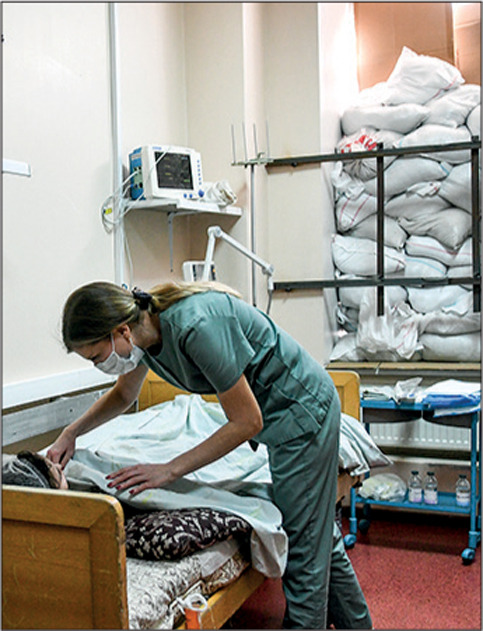Elsevier, Digital Signal Processing: A Review Journal, Volume 123, 30 April 2022
With the continuous development of human society, people's over-exploitation of nature leads to frequent environmental problems. A large number of floating objects appear on lakes, rivers, reservoirs and other water surfaces. Water floats have seriously damaged the ecological environment and directly threatened the survival and development of human beings. Therefore, for the sustainable development of human beings, we must solve the problem of water pollution. The detection of floating pollutants on water surface is the primary goal of water resource management.
Elsevier,
One Earth, Volume 5, 15 April 2022, Pages 361-376
The plastic sector is hard to decarbonize due to the widespread use of fossil energy as raw materials and the complex value chains rooted across global markets. This Review article takes a synthesis of existing literature and discusses potential and challenges in deep decarbonizing the global plastic sector via the aspects of technology and governance.
Elsevier,
Current Developments in Nutrition, Volume 6, 1 April 2022
This paper concludes that the SIVESNU (Sistema de Vigilancia Epidemiológica de Salud y Nutrición) surveillance platform is a critical tool for government and partners, addresses key data gaps, and provides high-quality data used to monitor and improve public health in Guatemala.
Milk alternatives are compared from an environmental and nutritional point of view for more sustainable food systems.


